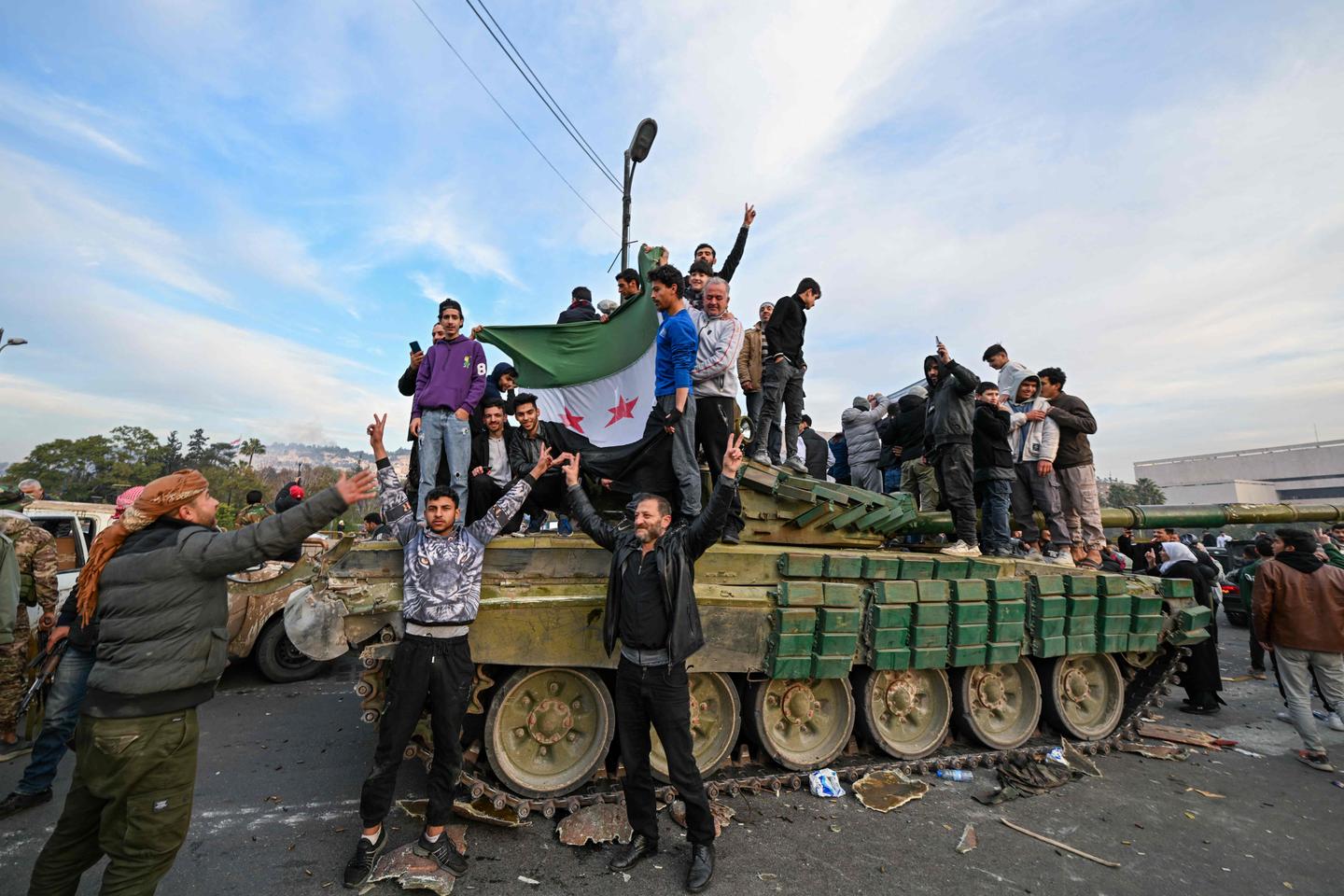


No one can massacre his own people without one day paying the price. This principle, which too many dictators manage to escape, hit the regime of Bashar al-Assad on the night of Saturday, December 7. The ruiner of his dynasty, Assad fled in shame and disgrace, swept away by a lightning offensive of Islamist nationalists. It has laid bare the decay of a system that, for over half a century, has been characterized by imperialism, torture and the crushing of even the slightest dissenting voice.
We can only welcome the spectacular collapse of this bloodthirsty regime. We can also regret the fact that it has always found advocates outside its borders, in the name of interests that have nothing to do with those of the Syrian people, including in France, where some on both the left and the right have remained wilfully blind to the appalling reality of this "state of barbarism," to use French researcher Michel Seurat's definitive phrase.
This debacle reminds us of another principle. Whatever the critics of imperfect democracies may say, dictatorships are never sustainable. By irritating a social body deprived of everything that ensures its resilience, a power backed by fear and the capture of national resources by a clan inevitably works toward its downfall.
This is where Syria stands. The ebb of Assadism has left behind a shattered country, impoverished by four decades of neglect, undermined by fifteen years of civil war and stripped of its sovereignty by invading sponsors and adversaries. Syria is nothing more than a heap of ruins, drained of its lifeblood. Everything has to be rebuilt, starting with a political and social order that takes into account what remains of its confessional and ethnic diversity.
A people long kept at a distance
The jihadist past and Islamist nature of the armed rebels that played a decisive role in bringing down the Syrian regime, Hayat Tahrir al-Sham (HTS, Levant Liberation Organization), a former branch of al-Qaeda in Syria, are obviously a cause for concern. In Syria first of all, where Assad's fall is being celebrated as the cesspools at the bottom of which opponents used to languish are now open. Secondly, outside Syria's borders, where Islamist terrorism has regularly sown death and terror.
Even if the story of Assad's fall has yet to be written, the insurgents who overthrew him did not arrive in Damascus on the shoulders of self-serving mentors. Their responsibility is immense, especially toward a people long kept at a distance from the decisions that concerned them, but they can lay claim to a legitimacy that, at this stage, no one is in a position to dispute.
It is to be hoped, therefore, that the liberated Syrians themselves will prove equal to the Herculean task that awaits them. Their immediate neighbors will also have a role to play, even if they have not been particularly far-sighted in their dealings with them. Western countries, whose sanctions were instrumental in Bashar al-Assad's downfall but could have shortened the Syrian suffering, will also have to be attentive to the success of a reconstruction that would allow the voluntary return of hundreds of thousands of Syrians eager to play their full part. For the first time in a long time, a glimmer of hope has appeared in Bilad Al-Cham.
